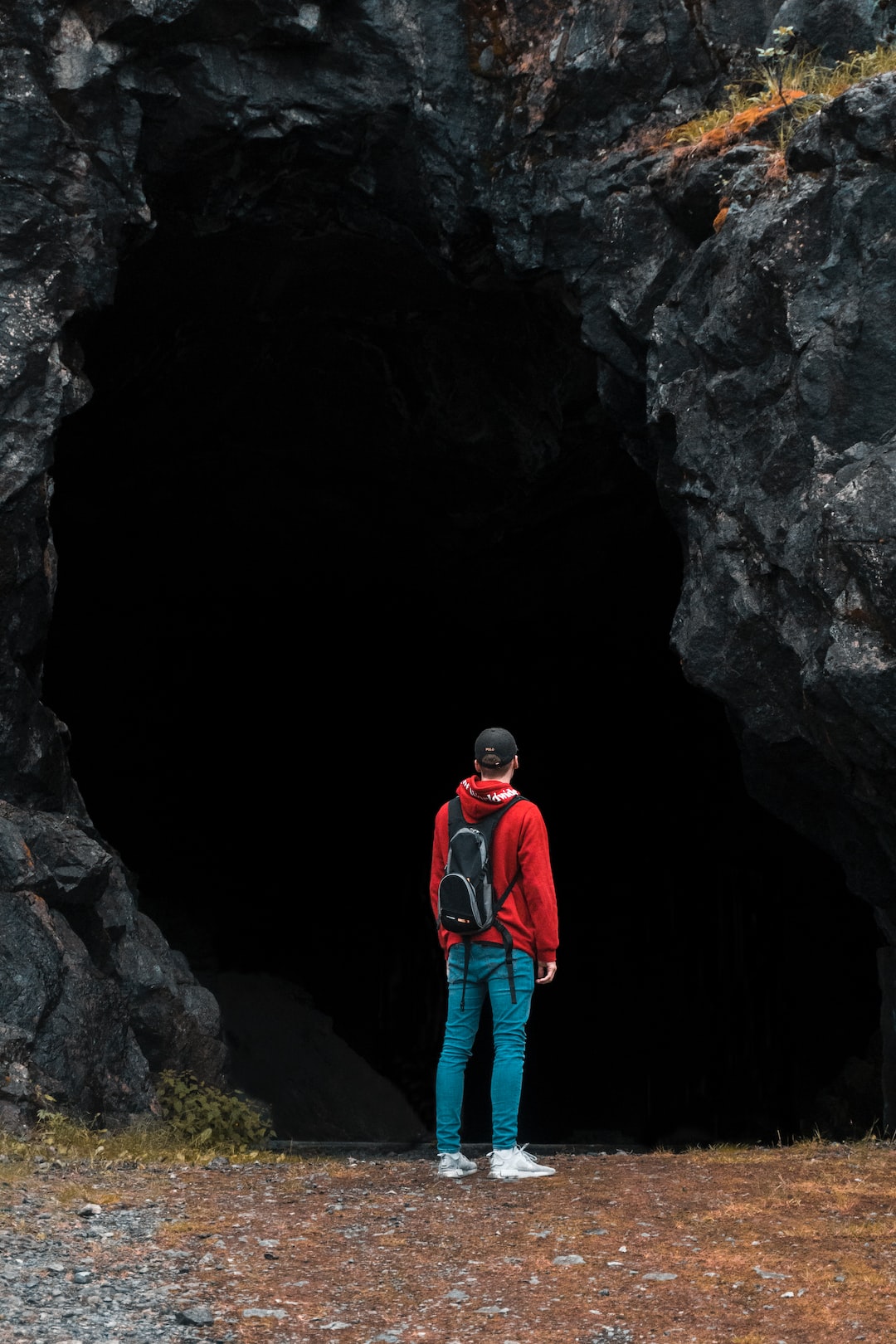
The Benefits of Camping for Children’s Development
Share0The Benefits of Camping for Children’s Development
In today’s digital age, where children are bombarded with screens and technology at every turn, it’s essential to find activities that provide a healthy balance and promote their overall development. Camping, an age-old pastime enjoyed by many, has countless benefits for children’s growth and development. From physical health to social skills and emotional intelligence, camping offers a unique experience that can’t be replicated in any other setting. In this post, we will explore the various advantages of camping on children’s development and why it should be encouraged.
Firstly, camping exposes children to the great outdoors, allowing them to connect with nature in a meaningful and immersive way. It presents them with an opportunity to be away from the hustle and bustle of city life, giving them a chance to breathe in fresh air and appreciate the beauty of the natural world. This connection with nature has numerous benefits for children’s physical health. Camping often involves various activities like hiking, swimming, and playing outdoors, which helps to improve their cardiovascular fitness, endurance, and overall strength. Being surrounded by nature also encourages children to engage in unstructured play, which fosters their creativity, problem-solving abilities, and physical coordination.
Furthermore, camping provides an ideal environment for children to strengthen their social skills and build lasting friendships. When camping, children often interact with other campers and families, allowing them to develop and practice their social skills in a natural setting. They learn the importance of teamwork, cooperation, and communication while engaging in activities such as setting up tents, cooking meals, and playing games together. Camping also provides a unique opportunity for children to bond with their family members as they spend quality time together, away from distractions and everyday routines. These experiences contribute to the formation of strong family bonds and memories that will last a lifetime.
Another key benefit of camping is its positive impact on children’s emotional intelligence. Being in nature has a calming effect on the mind and can serve as a stress reliever. It allows children to disconnect from the pressures of school and daily life, providing them with an opportunity for self-reflection and introspection. Moreover, the experience of camping encourages children to step out of their comfort zones, face new challenges, and adapt to new environments. This helps to boost their self-esteem, resilience, and confidence. Overcoming different obstacles while camping, such as building a campfire or navigating a trail, provides a sense of accomplishment that nurtures their emotional growth.
Camping also offers a chance for children to develop important life skills that will benefit them in the long run. For instance, they learn the basics of survival, such as setting up a tent, cooking simple meals, and building a campfire. These skills enhance their sense of independence and self-sufficiency while nurturing their problem-solving abilities. Moreover, camping teaches children essential environmental education, fostering a sense of responsibility towards the natural world. They learn about the importance of conservation, sustainable practices, and leave-no-trace principles, instilling a deep respect for the environment within them.
In addition to physical, social, and emotional benefits, camping also creates lasting memories for children. The experience of spending nights under the stars, roasting marshmallows around a campfire, and exploring new places with family and friends creates a connection and nostalgia that lingers throughout their lives. These memories become a source of comfort, joy, and a reminder of the simplicity and beauty of life beyond screens.
In conclusion, camping offers a multitude of benefits for children’s development that can’t be replicated by any other activity. It enhances their physical health, social skills, emotional intelligence, and fosters important life skills. By exposing children to the great outdoors and allowing them to disconnect from screens, camping creates lasting memories and a sense of wonder and appreciation for nature. As caring parents and educators, it’s vital to prioritize and encourage camping as part of children’s upbringing, ensuring a well-rounded and wholesome development for our future generation.
